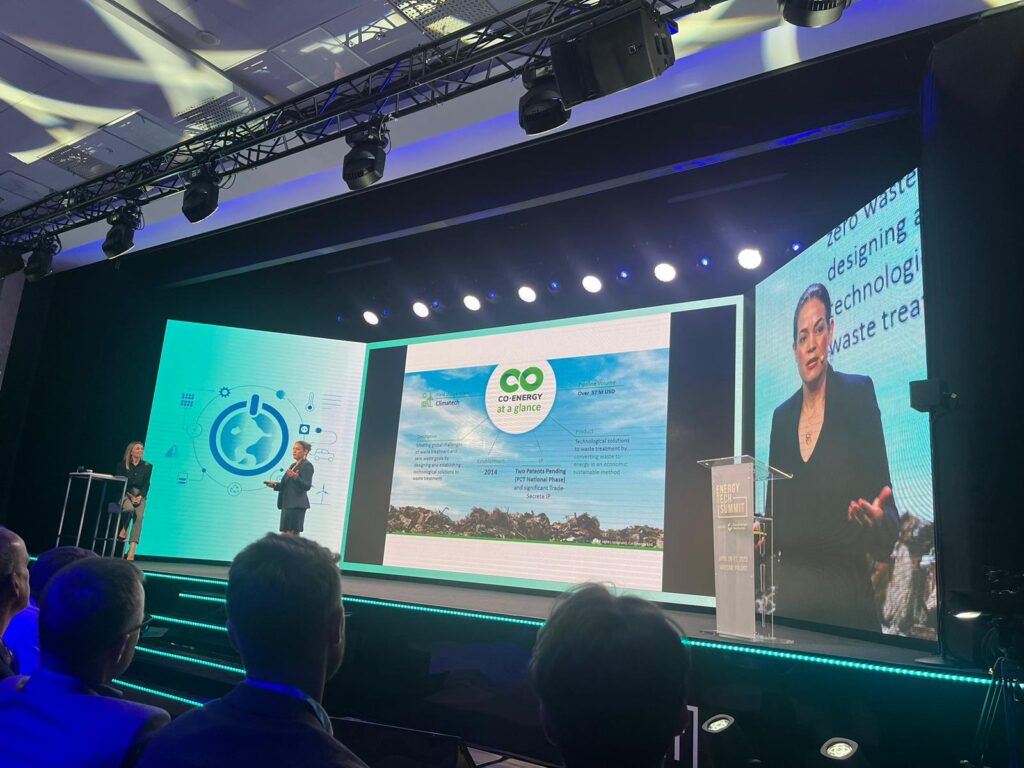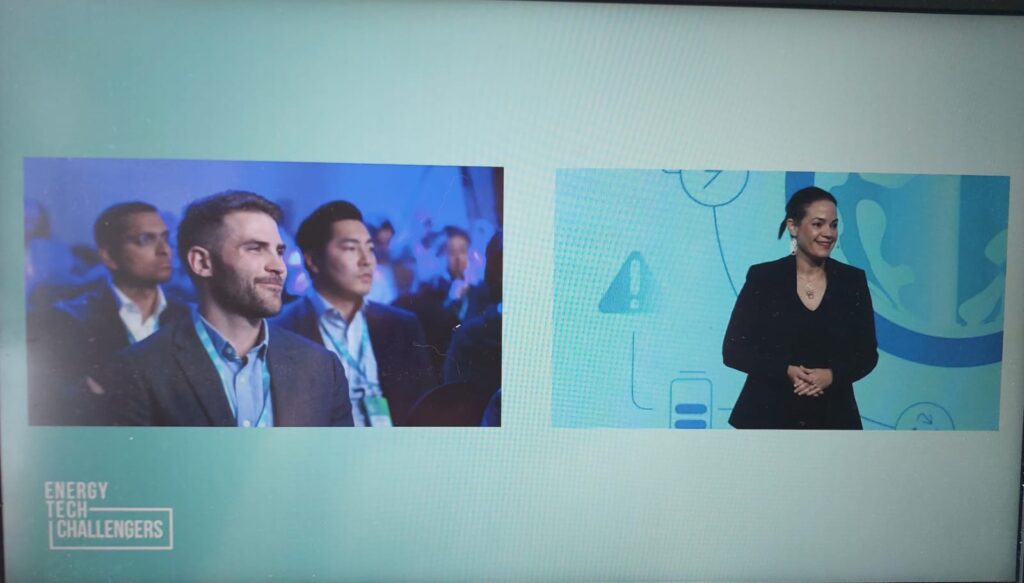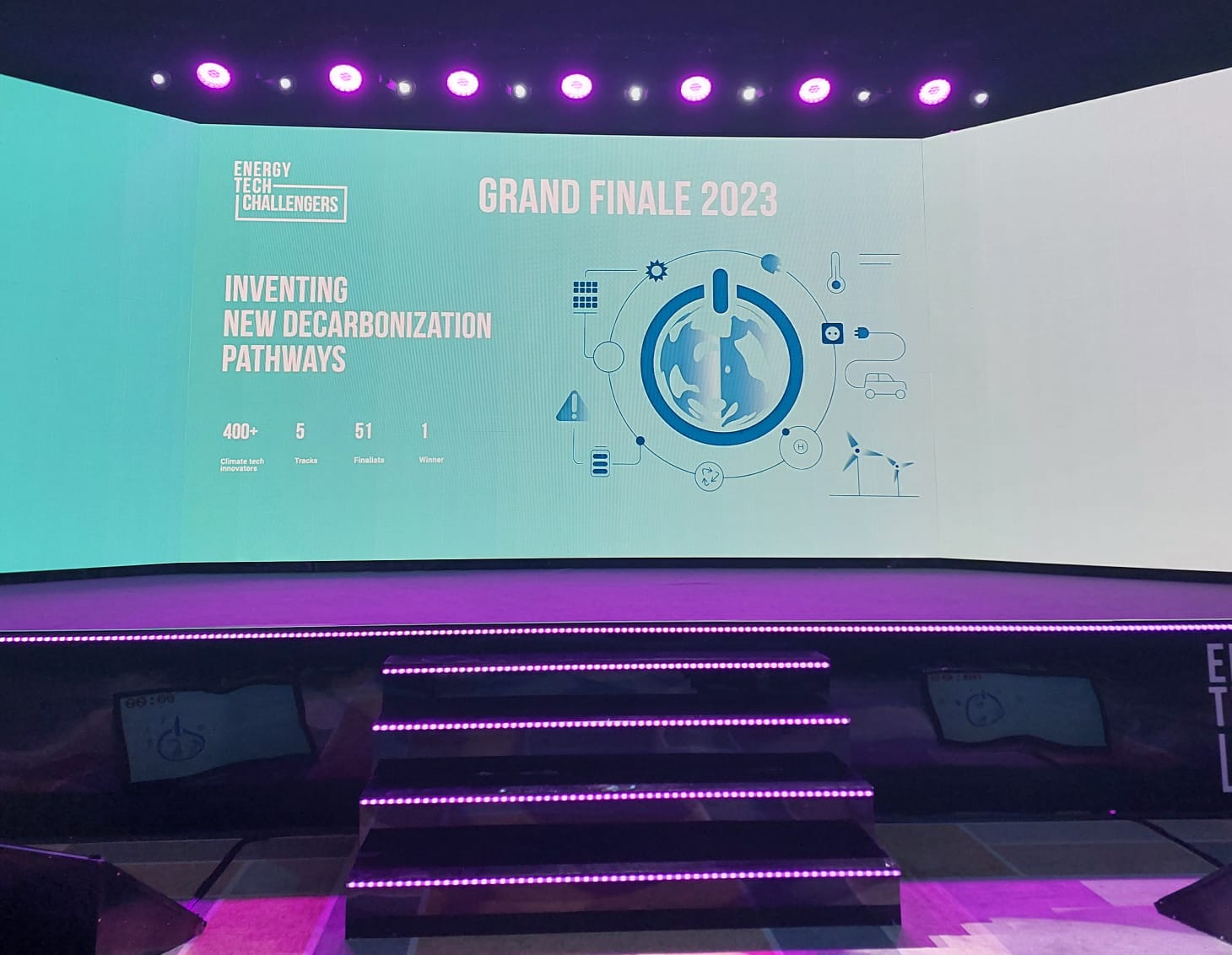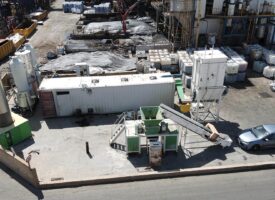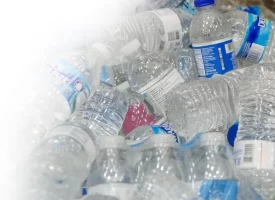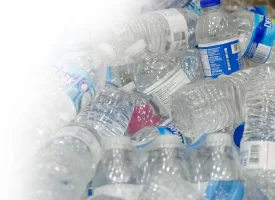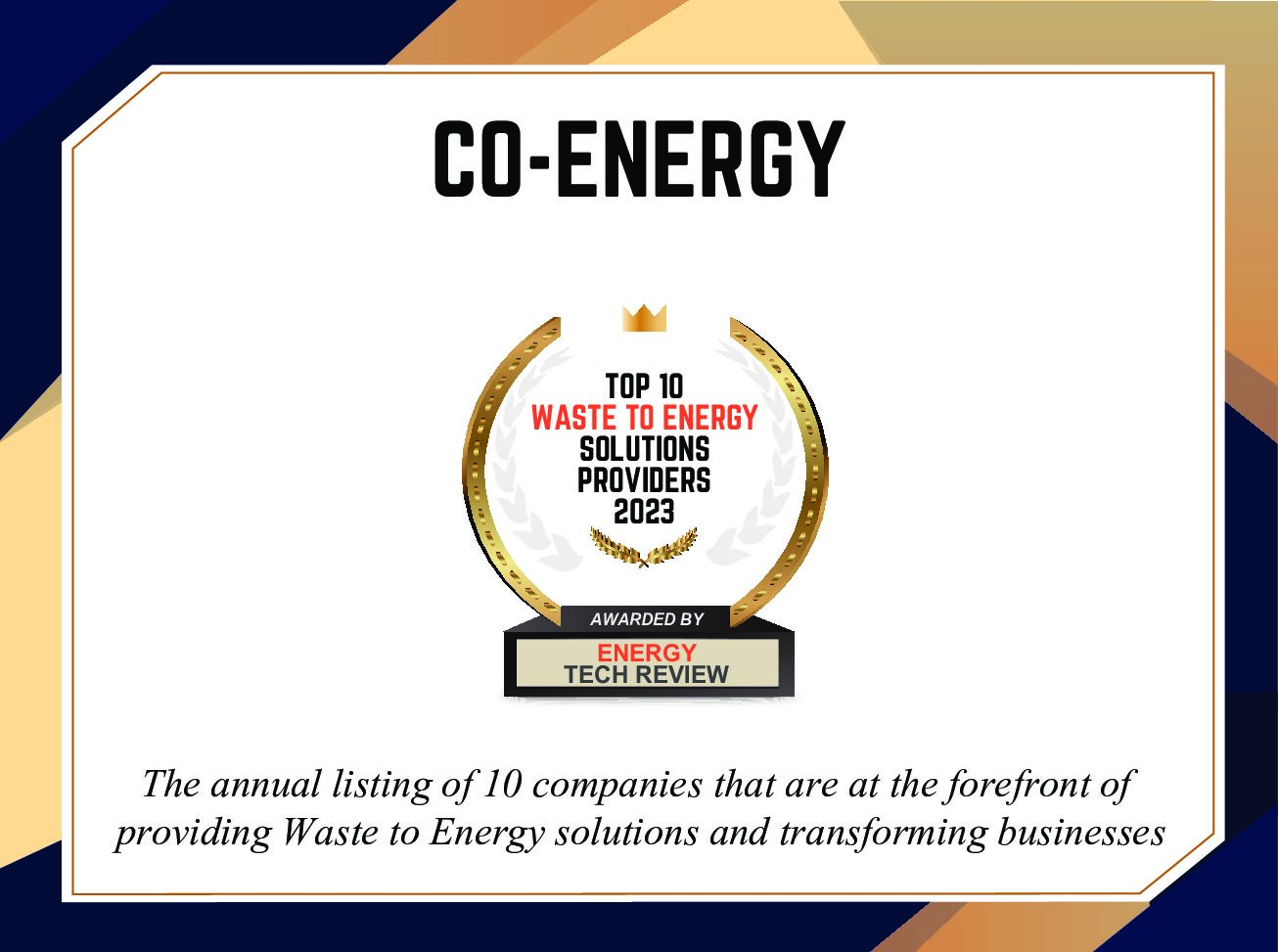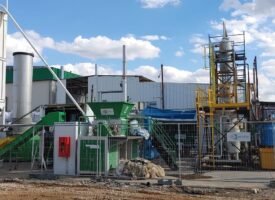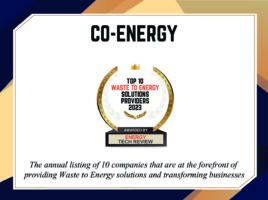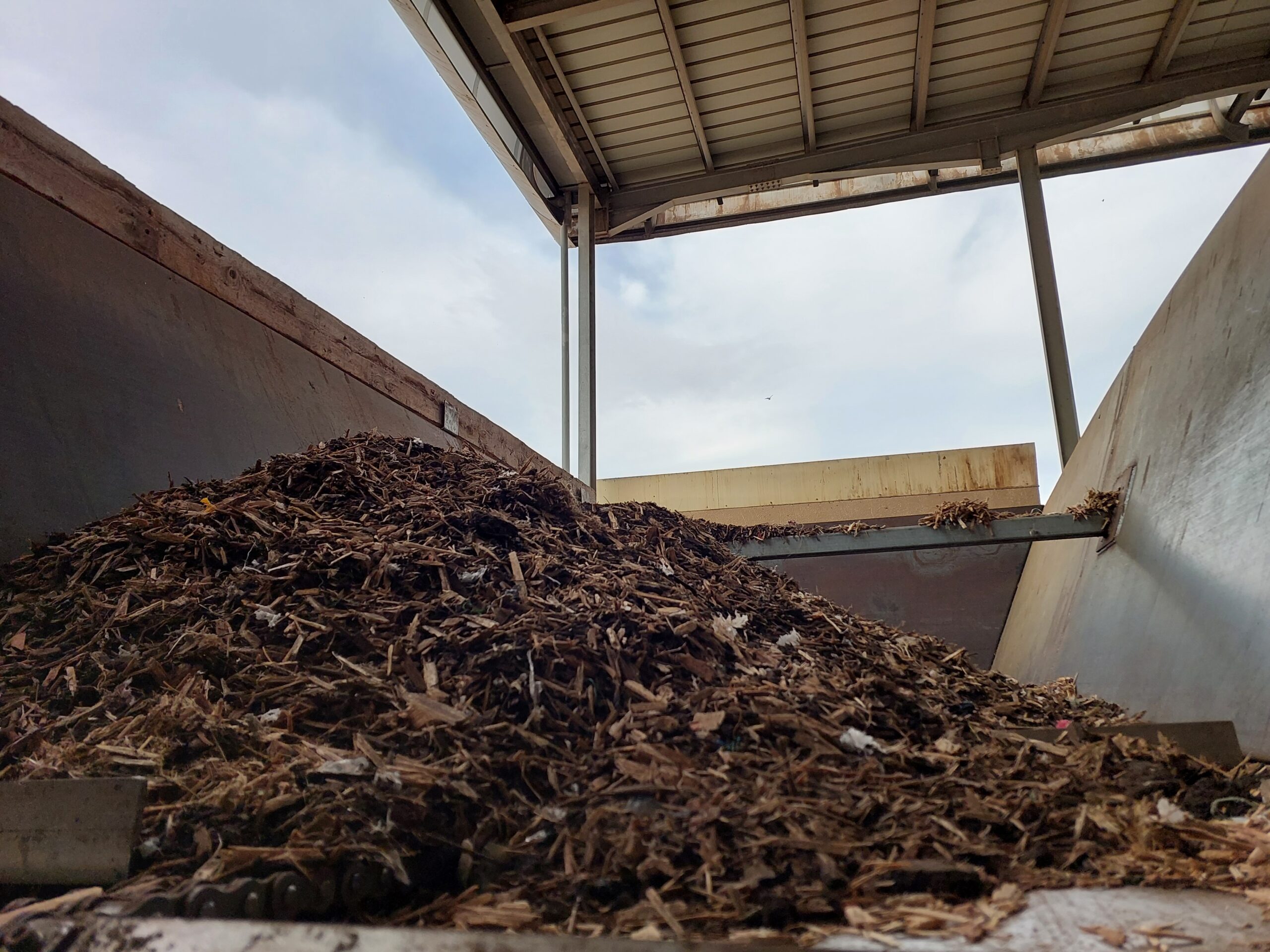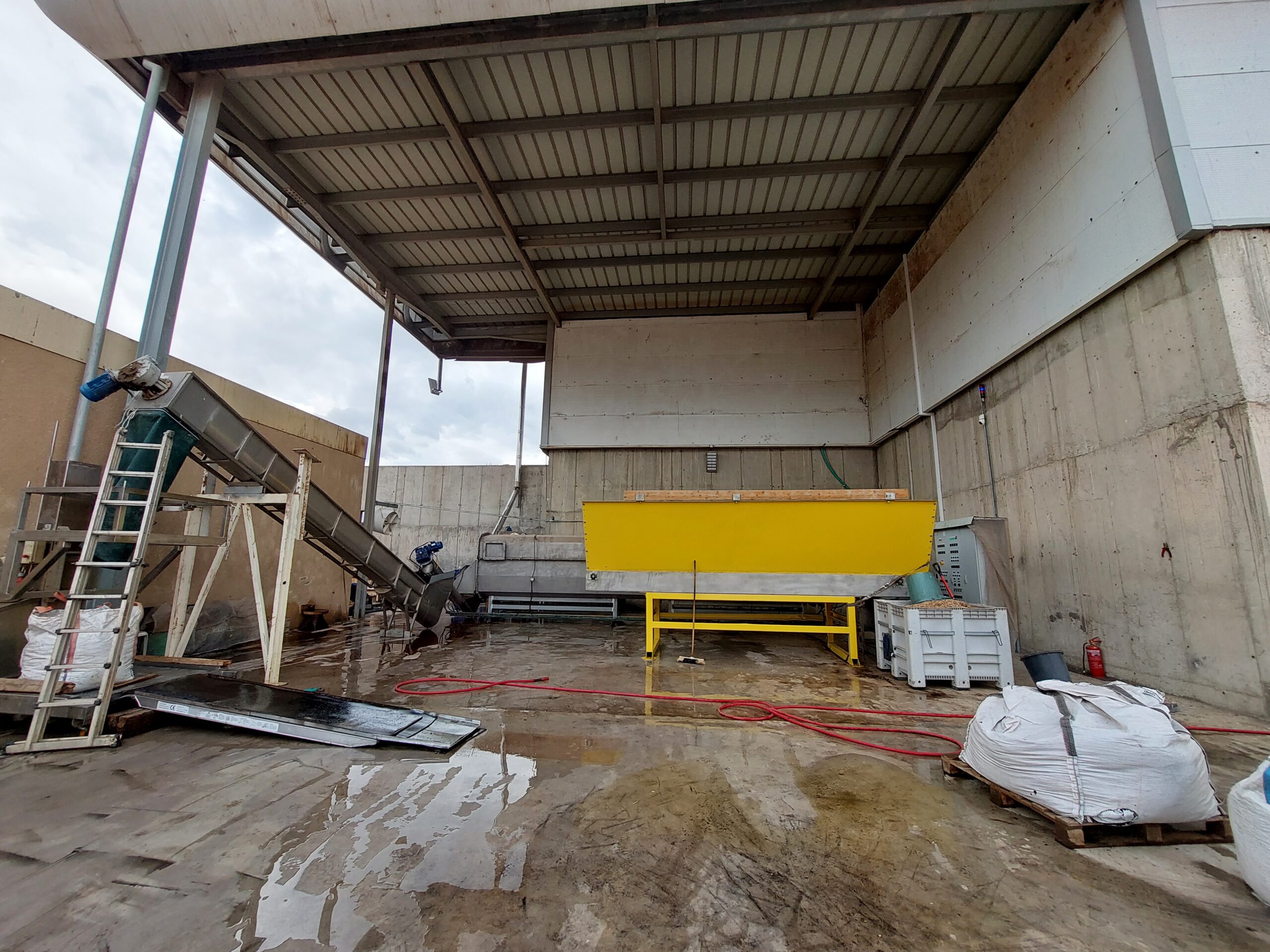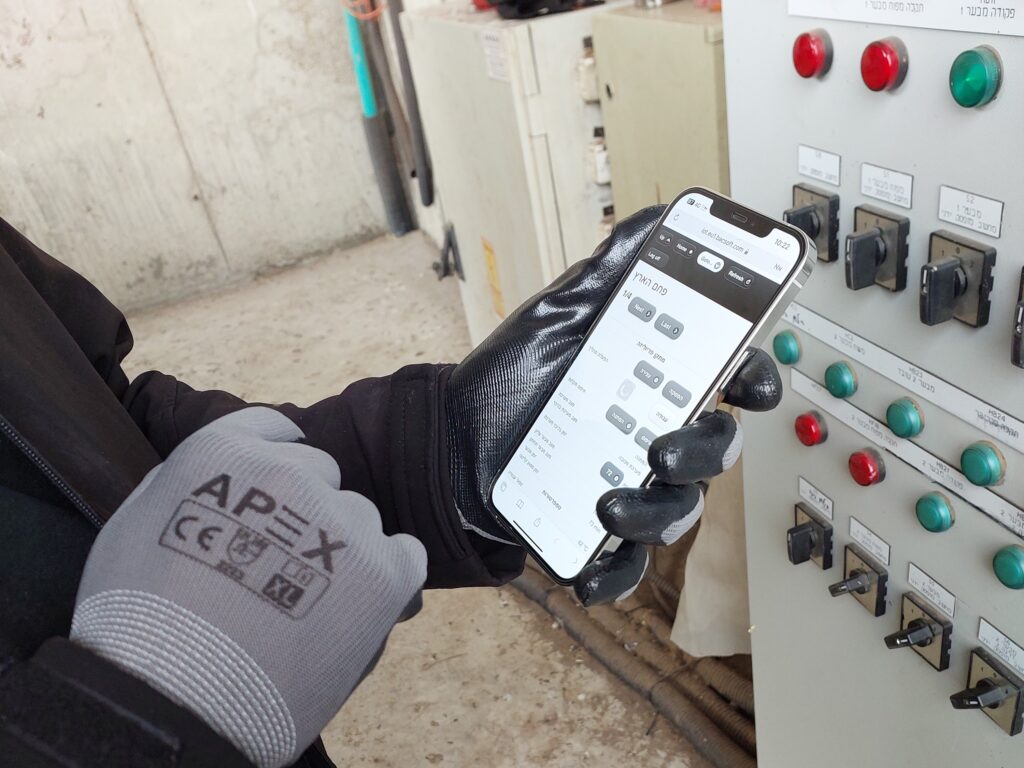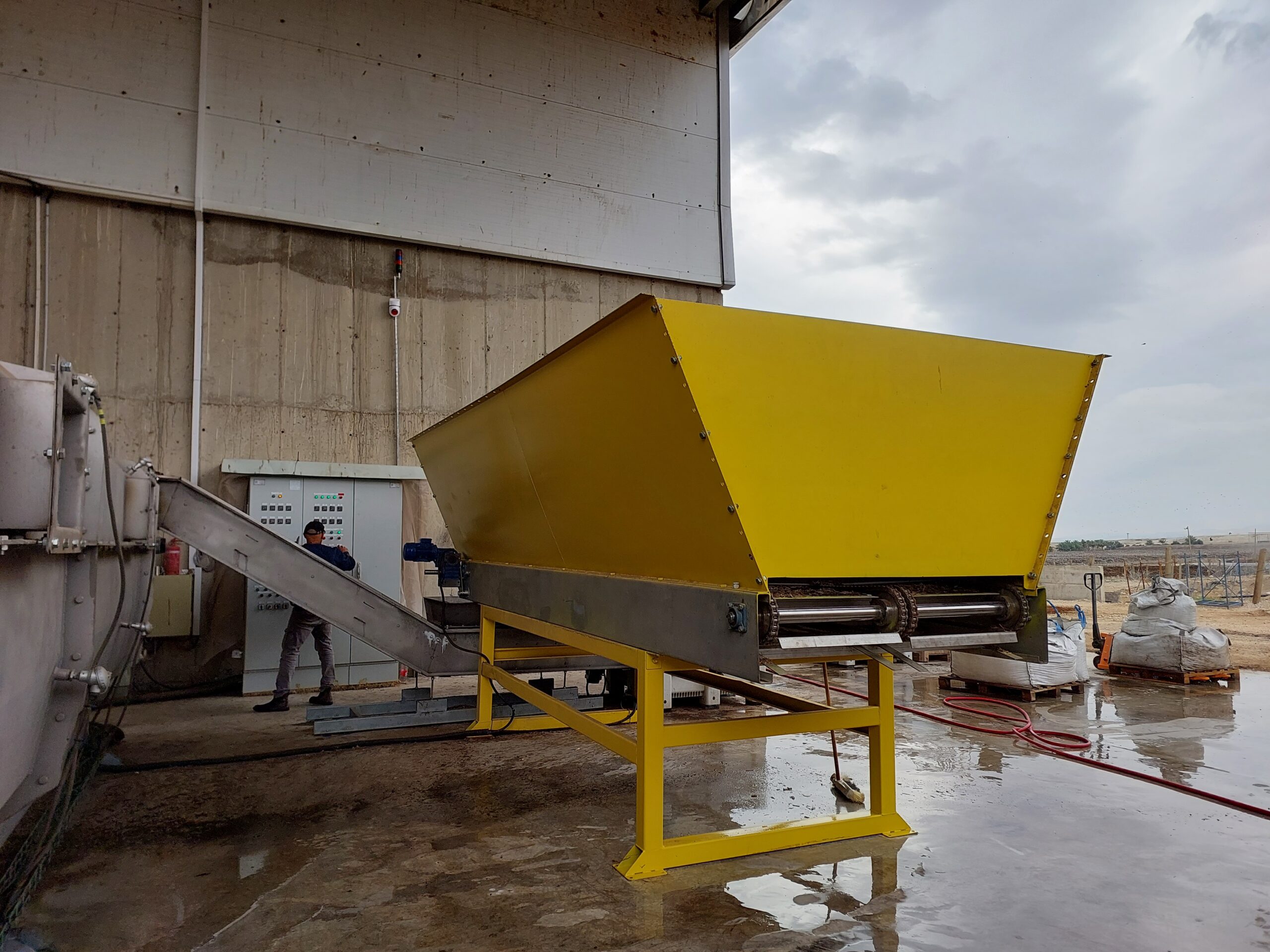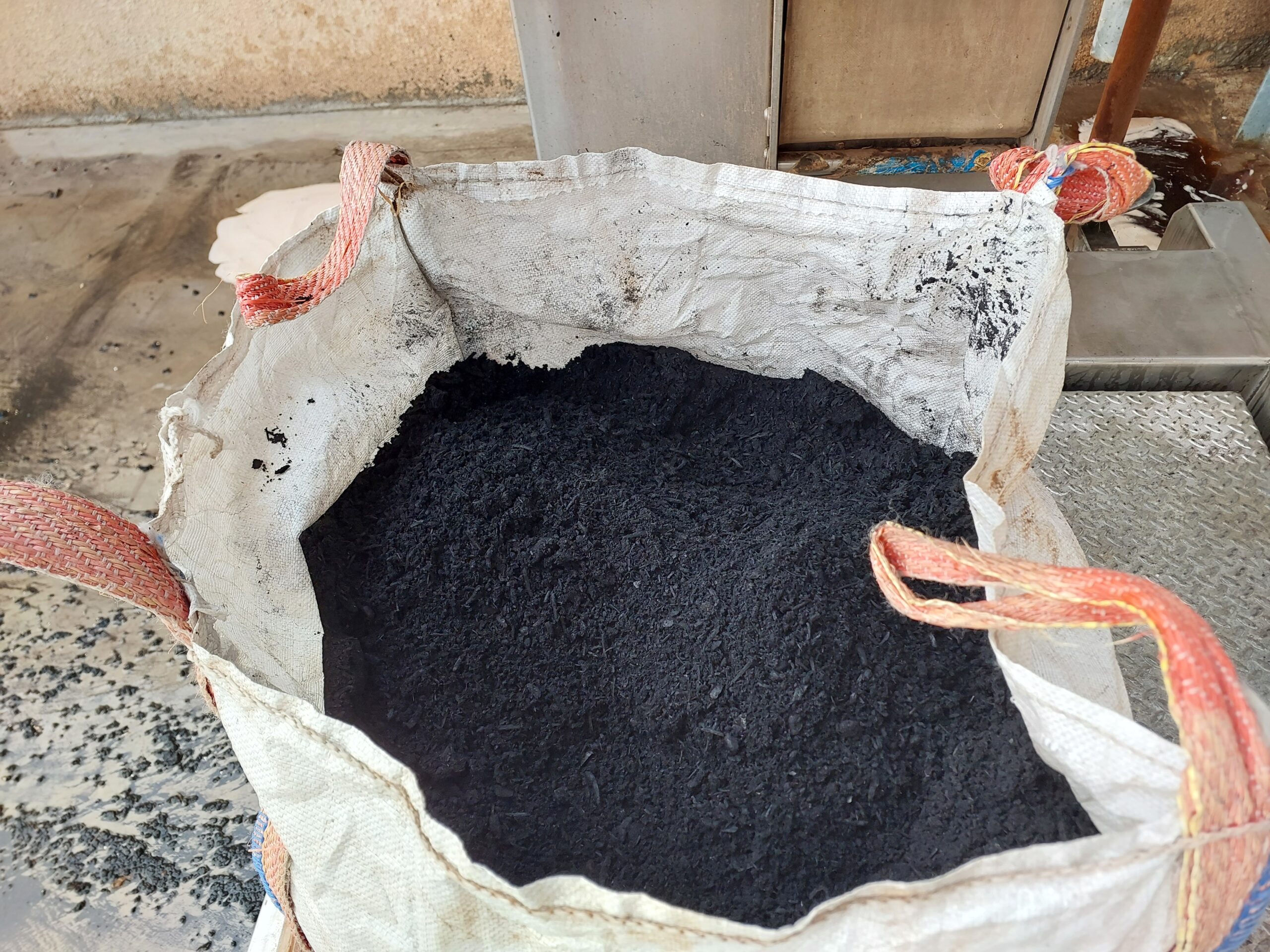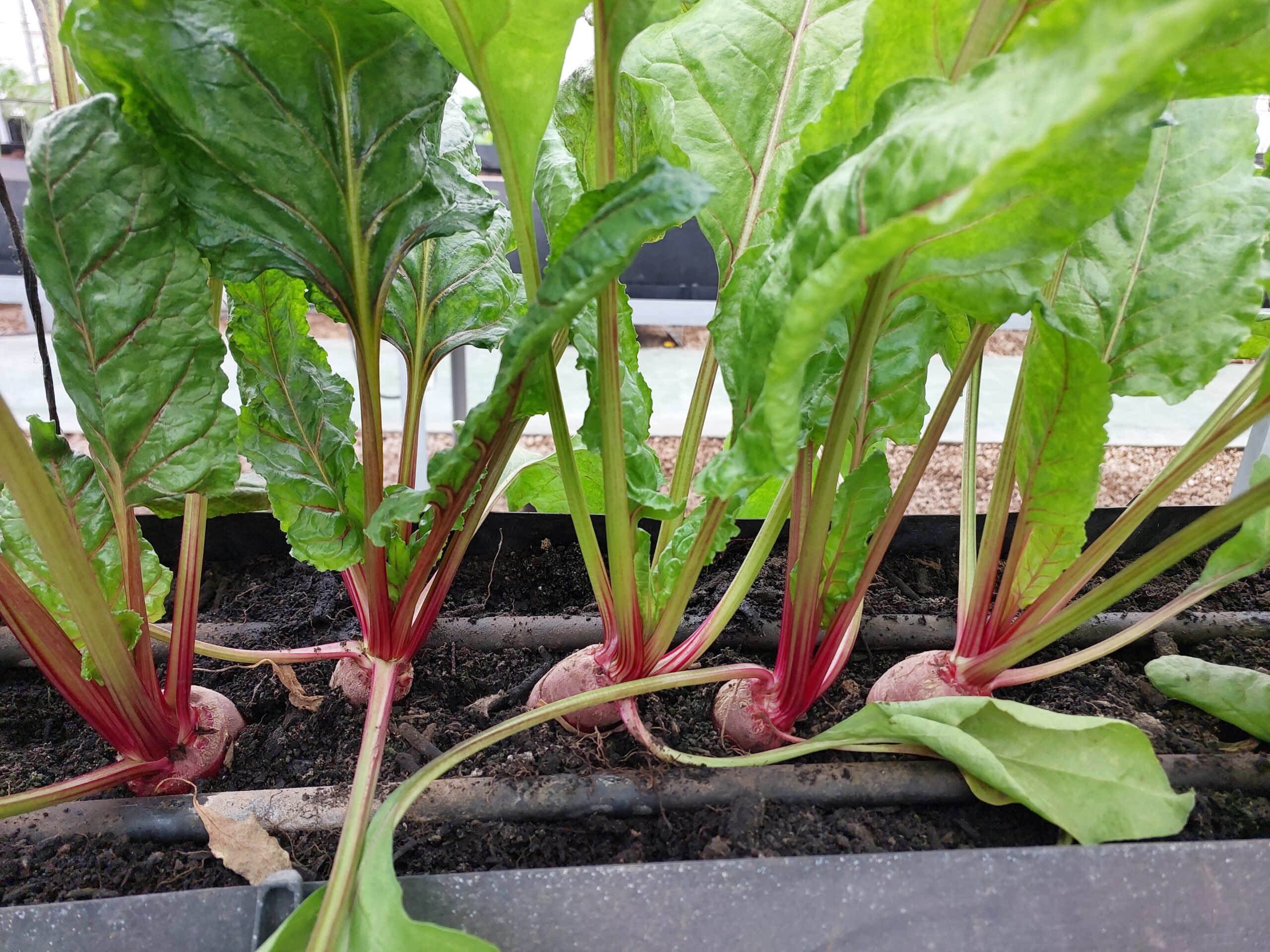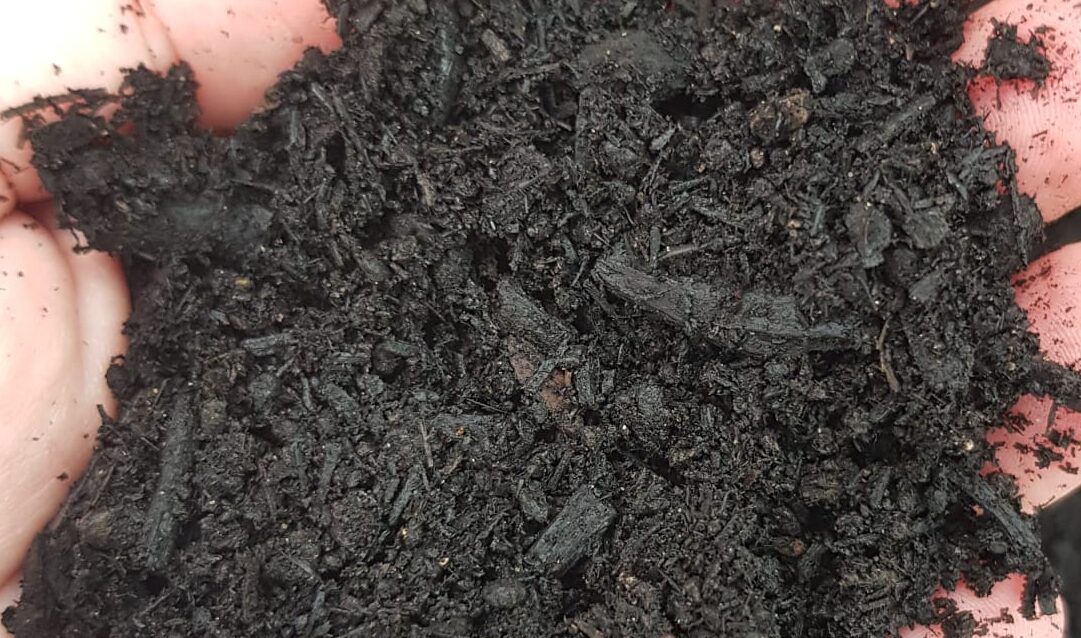Biochar is a carbon-rich material, made out of organic material like wood, sewage sludge, cattle manure, dry produce etc. or a combination of those. The organic material undergoes a pyrolysis process, in which the material decomposes in an anaerobic environment at about 500°c. It is worth noting that Co-Energy’s plants, working at 500°c are much safer than the usual pyrolytic systems, who operate at 700°c. When we think about cost-effective and useful ways to deal with organic waste – converting it to biochar is by far the best solution.
Applications of Biochar to Agriculture
Biochar’s main application in agriculture is to use it as a substrate, a substance that is added to the ground during the preparation phase in order to increase the ability of the root to absorb its necessary nutrition from the soil. Since biochar is a highly porous material, which means that it itself absorbs and maintains water and minerals, the roots grow within it very easily and get their critical materials from the biochar. This characteristic of biochar makes it very efficient and attractive to areas with scarce water conditions, such as deserts or in cases of drought. The biochar actually holds on to water within it, thus reducing the reliance on irrigation, and prevents water from seeping to the sandy ground.
Biochar vs. Compost
When considering whether to replace compost with biochar, there are three main rationales that tip the scale in favor of biochar.
First, it is much easier and faster to produce biochar than compost. Compost is made of very specific types of animal manure, and it can take up to eight months of preparation, not to mention the resources required for its production in terms of infrastructure and sunlight. Biochar, on the other hand, is almost an instant process. By using Co-Energy’s systems, you will be able to convert 1 metric ton of dry organic material into roughly 350Kg of biochar in less than an hour.
Second, due to the nature of its preparation process, compost must be prepared in completely dry and sunny location. Unfortunately, sometimes rain contaminates the compost preparation process, and the result is an under-prepared compost. While this may sound mild, the consequences of using an under-prepared compost on the ground can actually be quite detrimental to the plant, in such a case the under-prepared compost take away microelements from the plant, instead of feed it to the plant. With biochar there is no such risk. The preparation process of biochar is done in a closed chamber and a controlled environment, no matter what is the weather outside. Biochar helps the plant obtain NPK and is more reliable than compost.
Third, in terms of health considerations and produce quality, biochar is the cleanest substrate you can add to the ground. Compost can transfer pathogens such as Verticillium Wilt, accelerated dissolution for MITC, fungus and seeds. These unwanted guests are not capable of appearing in biochar, simply because none of them will survive the 500°c environment in which it is made.
Carbon Footprint and CO2 Emissions
Not only does biochar have no carbon footprint, it actually reduces CO2 emissions because it absorbs CO2 from the atmosphere.

